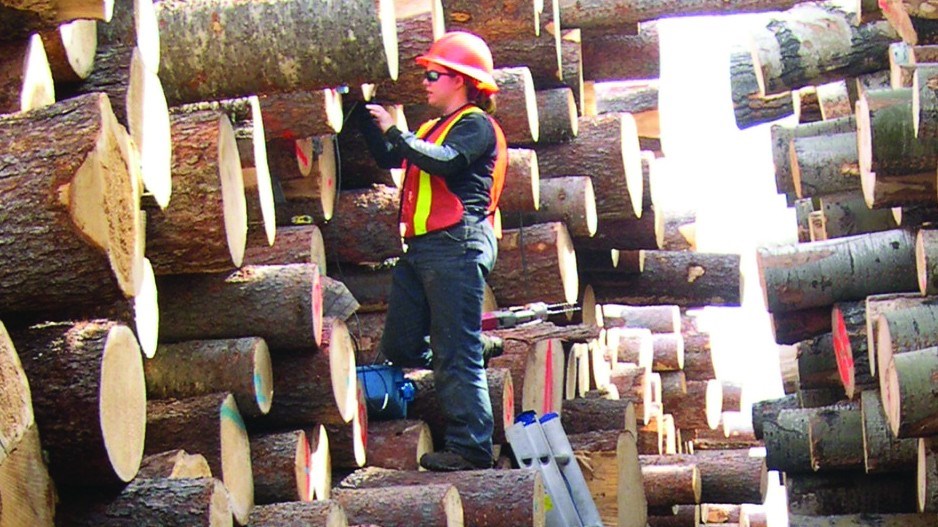Record high lumber prices have left North American forestry companies flush with cash, setting the stage for more forestry M&A activity in 2021.
Lumber prices broke records in September and again in February, inching towards US$1,000 per board feet for the first time.
With forestry companies reporting some record profits, it means they are in a position to either go on a buying spree or become targets for acquisition.
“One of the questions the analysts keep asking is ‘What are you going to do with all the cash?’” said Russ Taylor of Russ Taylor Global, a wood business consulting firm.
Forestry sector M&A activity in 2021 began with a big bang. At the end of January, Vancouver-headquartered West Fraser Timber Co. (TSX:WFT) closed on a $4 billion acquisition of Ontario-based Norbord, which makes West Fraser the world’s biggest producer of not just lumber, but also oriented strand board.
And in February, Drax, a British utility, announced plans to buy B.C.-based wood pellet maker Pinnacle Renewable Energy (TSX:PL) for $385 million. B.C.’s forestry sector is already highly consolidated, with three large public companies owning a significant number of lumber and pulp and paper mills, as well as a significant share of the Crown tenure: West Fraser Timber, Canfor Corp. (TSX:CFP) and Interfor Corp. (TSX:IFP).
RBC Capital Markets analyst Paul Quinn has suggested that B.C.’s Big 3 could become the Big 2, with Canfor buying Interfor.
With a $3.4 billion market cap compared with Interfor’s $1.9 billion, Canfor is the bigger company. Interfor has no debt, and posted record sales of $249 million in the fourth quarter and $205 million in free cash flow.
“That’s makes them an acquisition target if you are in that kind of a situation,” Taylor said.
He added that Interfor would be a valuable asset because of its suite of lumber mills in the U.S. southwest, where timber supply is not an issue, unlike in B.C. The company owns four sawmills in B.C., three in the U.S. northwest and 10 in the southern U.S.
It may soon have 11 sawmills in the southern U.S. The company recently announced plans to buy a sawmill in South Carolina for US$59 million.
“Companies that want to have a future really want to be in the U.S. south,” Taylor said. “I don’t think you want to be in B.C. anymore. The wood supply is too tight, there’s so many environmental issues [and] the government works against you. It’s a tough place to invest.”
There may be a number of privately owned forestry companies in B.C. that could be ripe for acquisition as well, but it’s harder to identify potential targets because their financials are not public.
(Correction: This story has been edited to relfect that Russ Taylor is no longer managing director of Forest Economic Advisors.)




